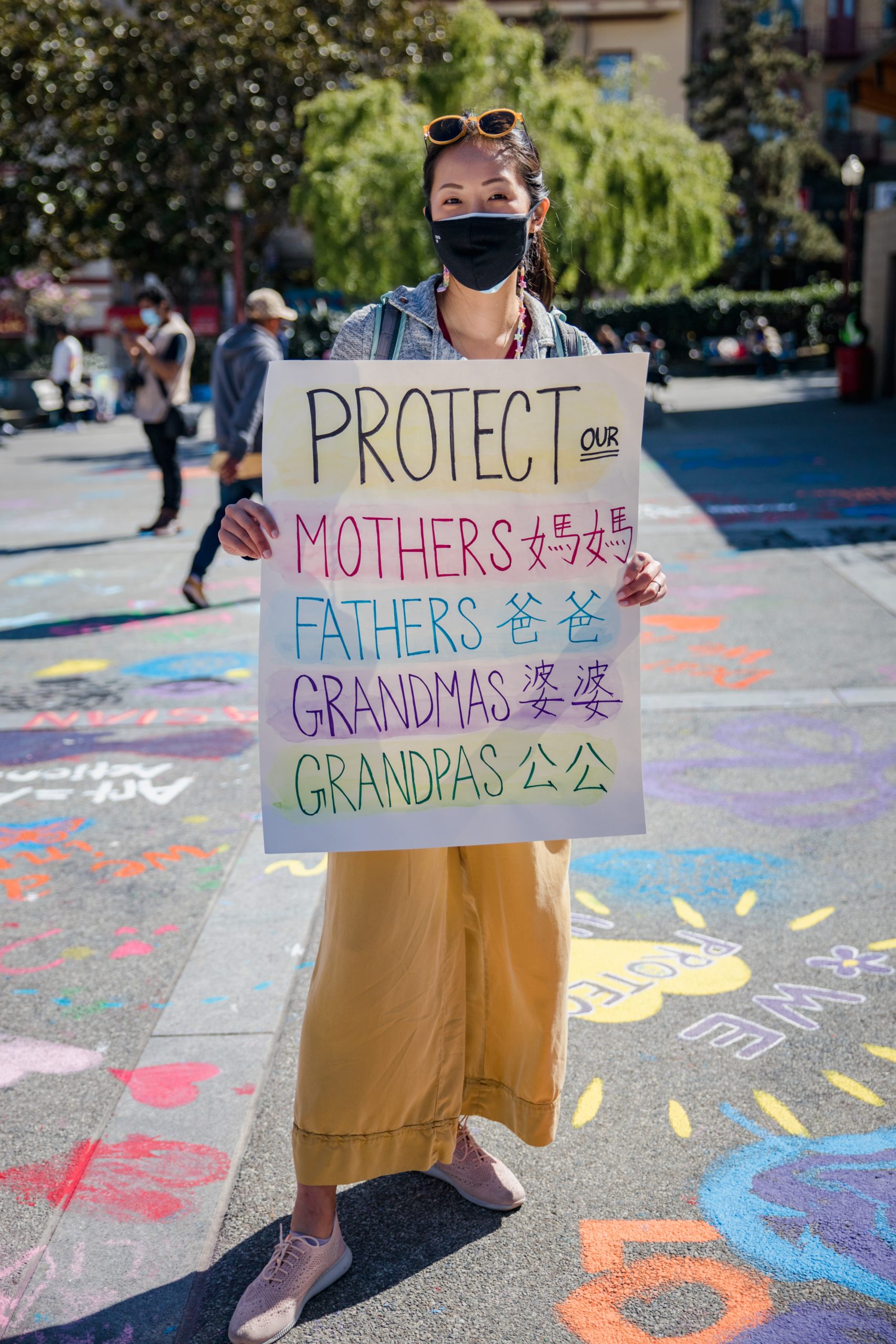My uncle’s voice over the phone was laced with worry as he described how his family, including his daughter and newborn grandson, would be quarantined under Wuhan’s citywide lockdown within 24 hours. Soon enough, I knew we would be facing the same crisis.
When the United States reported its first cases, I had hoped our leaders would implement proactive precautions. Instead, I was dismayed to see lethargy and denial. As government officials downplayed the crisis, my hospital’s leadership initially forbade our staff from wearing personal protective equipment (PPE) for fear of exacerbating public anxiety. Though I complied, I also respectfully advocated for the installation of protective plexiglass barriers which were approved by management.
As the United States’ cases spiked and masks in the clinic became mandatory, the nation gradually implemented lockdowns, and my family and I noticed another infection emerge. Formerly friendly patients and neighbors became cold and suspicious. On social media, people joked about Chinese hygiene and diets; in time, these jokes flared into hostility towards Asian-Americans. In public, strangers yelling racial slurs and “go back to China” became more common. Most disturbingly, I watched the news cycle air scene after scene of vulnerable Asian-Americans being robbed, beaten and murdered for the features of their face and the color of their skin.
With my family and people’s safety in jeopardy, it felt easy to sink into anger, sadness and cynicism. I often found myself sitting alone in my apartment asking myself: Why am I pursuing a career to care for people in a society that portrays me as little more than a walking virus? However, I also witnessed a surge in compassion and resilience.
In the clinic, my teammates and I provided emergent ophthalmic care, screened visitors and enforced safety protocols. Together, we convinced fearful families to seek follow-up care, shouldered expanded responsibilities amidst staffing cuts and maintained courtesy and empathy as we negotiated with parents who were adamantly opposed to masks and visitor regulations. As I witnessed my colleagues commit to patient care while adapting to sudden policy changes, essential supply shortages and mass layoffs, I emulated their dedication. Meanwhile, my fellow volunteers and I found opportunities to continue mentoring immigrant and refugee youths through video chat sessions. Throughout the country, I also watched with hope as communities from diverse ethnic backgrounds rallied together to protest, advocate and galvanize Americans through three simple and powerful words: Stop Asian Hate. Through my care team and community, I watched how people overcame fear and hatred with hope and kindness. I was inspired to follow their example.
Disease, social unrest, economic instability and political turmoil continue to engulf our country. However, my colleagues and loved ones have instilled in me the drive to care and advocate for those in need even in the face of daunting obstacles. I have looked to the helpers, felt honored to serve within their ranks and reinforced my desire to contribute to the best of my ability as I continue my medical education.
Image credit: Woman in yellow pants by Jason Leung from Unsplash

